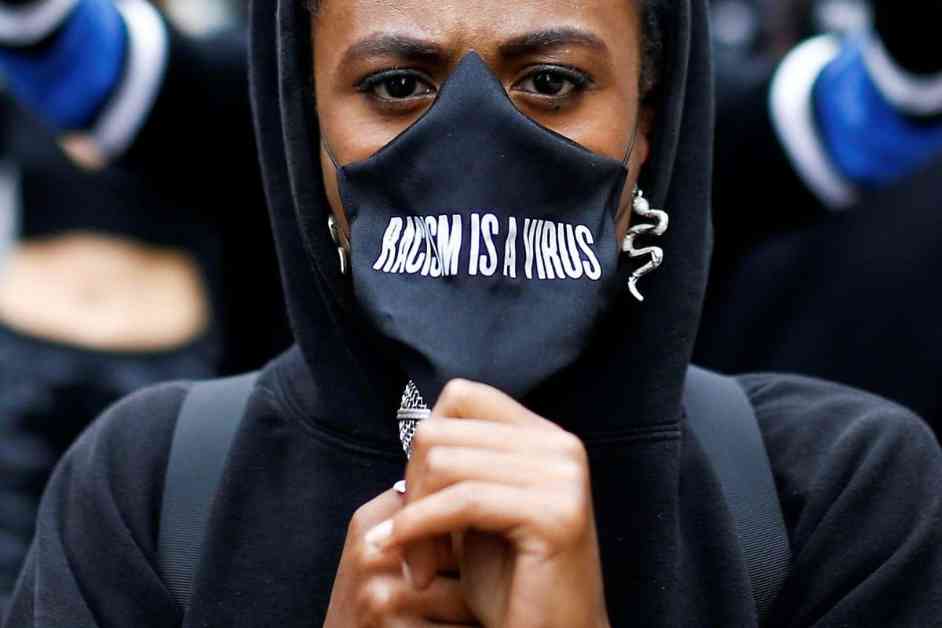The UK’s equalities watchdog has called on ministers to address racial disparities faced by ethnic minority communities. A recent report by the Equality and Human Rights Commission (EHRC) highlighted serious inequalities in areas such as criminal justice, employment, housing, and mental health. The study revealed that Black children accounted for 26% of the youth custody population in 2023, despite only making up 6% of the general population aged 10 to 17.
Furthermore, the report found that Black offenders and those of mixed ethnicity were more likely to receive custodial sentences compared to white offenders between 2018 and 2022. Baroness Kishwer Falkner, chair of the EHRC, emphasized the importance of ensuring that everyone, regardless of race, enjoys their human rights. The report also identified significant disparities experienced by Gypsies, Roma, Travellers, Black, Pakistani, and Bangladeshi ethnic groups in living standards, employment, health outcomes, and interactions with the criminal justice system.
In addition to the EHRC report, other studies like the Equality and Human Rights Monitor and Is Wales Fairer, both published in 2023, have shown that Black, Pakistani, and Bangladeshi ethnic groups have the highest unemployment rates in Britain. Recent data from the Office for National Statistics (ONS) indicated that Black and Asian workers are more likely to be unemployed than white workers, with some ethnic groups being paid less on average.
Households headed by individuals from ethnic minority groups, particularly those of Bangladeshi descent, experienced higher levels of overcrowding compared to the general population. Black individuals in England were also found to be significantly more likely than white individuals to be detained under the Mental Health Act.
To address these issues, the EHRC has recommended that the UK and Welsh governments commission independent research to better understand racial disparities in employment and mental health services. The EHRC has also called for the collection of regular and robust data by public institutions to improve understanding of these disparities.
While the new Labour government has committed to modernizing the Mental Health Act, there has been no specific mention of addressing racial disparities within the sector. This lack of focus on racial inequalities has been a recurring issue, as highlighted in a previous report by the Parliamentary Joint Committee on Human Rights in 2020. The report, titled Black People, Racism, and Human Rights, revealed that more than 75% of Black people do not believe their human rights are equally protected compared to white people.
The EHRC has also faced criticism for its handling of racial inequality issues, with calls for a more diverse leadership team and increased enforcement powers. The appointment of controversial figure David Goodhart as a new commissioner has raised further concerns about the EHRC’s commitment to addressing racism and inequalities.
Both the UK and Welsh governments have been called upon to take action in response to these reports and recommendations. It is essential for policymakers to prioritize addressing racial disparities and inequalities faced by Black and Asian communities in the UK to ensure a more just and equitable society for all.












